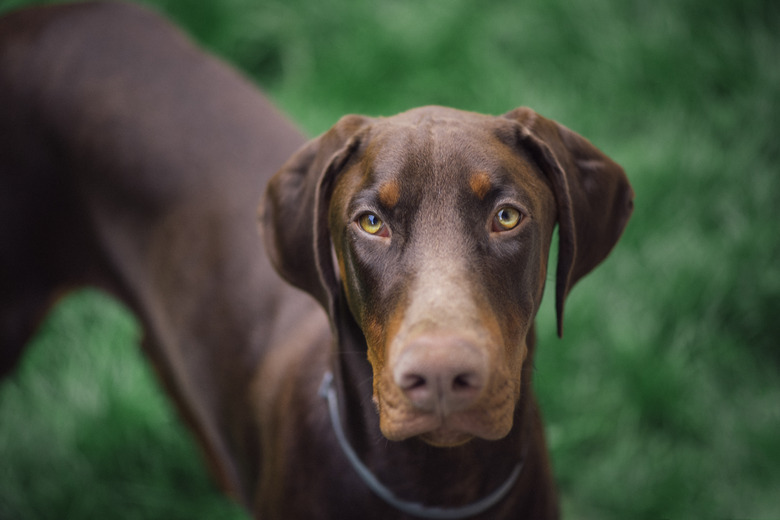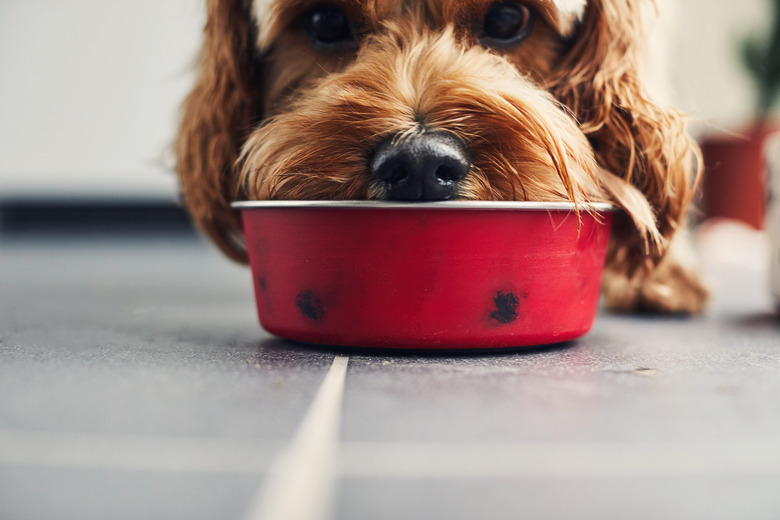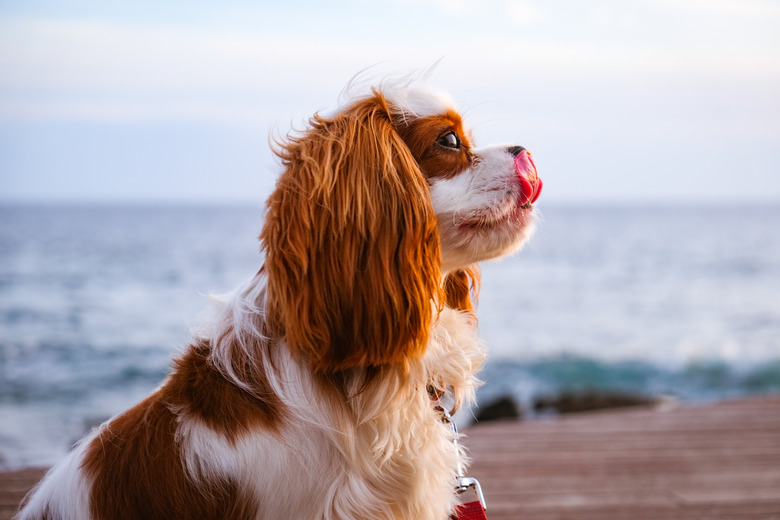Would Your Dog Eat You If You Died?
Please note: this article contains graphic details of cases that may be upsetting to some people
Sharing your life with an animal can be deeply fulfilling. Pets provide us with unconditional love, emotional support, and a source of goofy antics to laugh at. Sometimes, though, pet owners have to ask uncomfortable questions like: "would my dog eat me if I died at home?" It's a macabre scenario to imagine, but an important one to have information about.
Do dogs understand death?
Do dogs understand death?
Studies have shown that dogs are capable of experiencing a range of emotions, from joy to sorrow and beyond. While we may not know exactly what goes on inside the mind of a dog, evidence has shown that dogs grieve when a beloved companion passes away.
With their powerful sense of smell, dogs are able to detect changes in chemical scents that occur after death. Cadaver dogs, specially trained to recognize the scent of decomposition, are often used in homicide investigations and in locating dead bodies after a natural disaster. We know that dogs can recognize these scents. However, it's uncertain whether they understand the implications of them.
Would your dog eat you if you died?
Would your dog eat you if you died?
There have indeed been cases of dogs consuming an owner's body after death. Though the exact numbers detailing this phenomenon aren't available, a 2015 study on post-mortem scavenging by dogs examined 63 cases where this occurred.
Why would your dog eat you?
There are more questions than answers when it comes to post-mortem scavenging. It's theorized that dogs turn to scavenging in order to survive, but this doesn't appear to be true in every reported case.
Additionally, cases of dogs eating an owner's body don't fit typical canine scavenging patterns. Often, cases of owner scavenging show bites primarily to the face and head, while scavenging for food almost always involves consuming the abdomen first.
Researchers have suggested that this response may be emotionally driven. If a dog owner dies, their dog is likely to become concerned. The dog may notice something is wrong and begin nosing and licking the owner's face to attempt to wake them. When the owner doesn't wake, the dog may become more frantic and begin biting. This could then trigger the instinct to begin eating, even if the dog isn't hungry.
Is a hungry dog more likely to eat their owner?
In some cases, dogs do seem to have consumed their dead owners as a source of food. This may be more likely to occur if a deceased person is not discovered for a significant amount of time. A report from 2007 described a chow-chow and a labrador mix who survived for over a month by consuming their owner's dead body until the deceased was discovered. In other cases, scavenging begins very shortly after death and does not appear to be a means of survival.
Are certain dog breeds more likely to eat their owners?
A number of different dog breeds were reported to have consumed their owners after death. Many of the reports indicated medium to large dogs, but researchers note that these cases may be more distinctive because larger dogs can do more physical damage than smaller ones.
Researchers think that individual temperaments have more to do with it than breed. Dogs who are naturally anxious or fearful may be more likely to move from frantic licking to biting to eating.
Post-mortem scavenging does not appear to be correlated with whether a dog was abused or neglected, either. In the majority of cases examined, friends and relatives reported that the deceased had a loving relationship with their dog.
What to do if you’re worried about your dog eating you after death
What to do if you're worried about your dog eating you after death
Unfortunately, there's no way to guarantee that a pet won't eat a person after death (aside from not owning pets). However, it's always a good idea to have people around who will stop by if they don't hear from you. Post-mortem scavenging may be more of a concern for those who are ill, elderly, or live alone.
Making a plan can help put your mind at ease. Talk to local friends, neighbors, and relatives who could easily stop by to check on you. You may want to give a spare key to a trusted person. Decide how much time should pass without someone hearing from you before they stop by. This will be different for each person. Factors like your daily routine, typical communication style, and any medical conditions should be taken into account.
The bottom line
The bottom line
There have been cases of dogs eating their owners after death. This may occur as an anxious response — a dog moves from frantically licking to biting and ultimately eating their owner. There's no way to prevent scavenging from happening. However, you can make a plan with close friends and relatives to come and check on you if they haven't heard from you.


